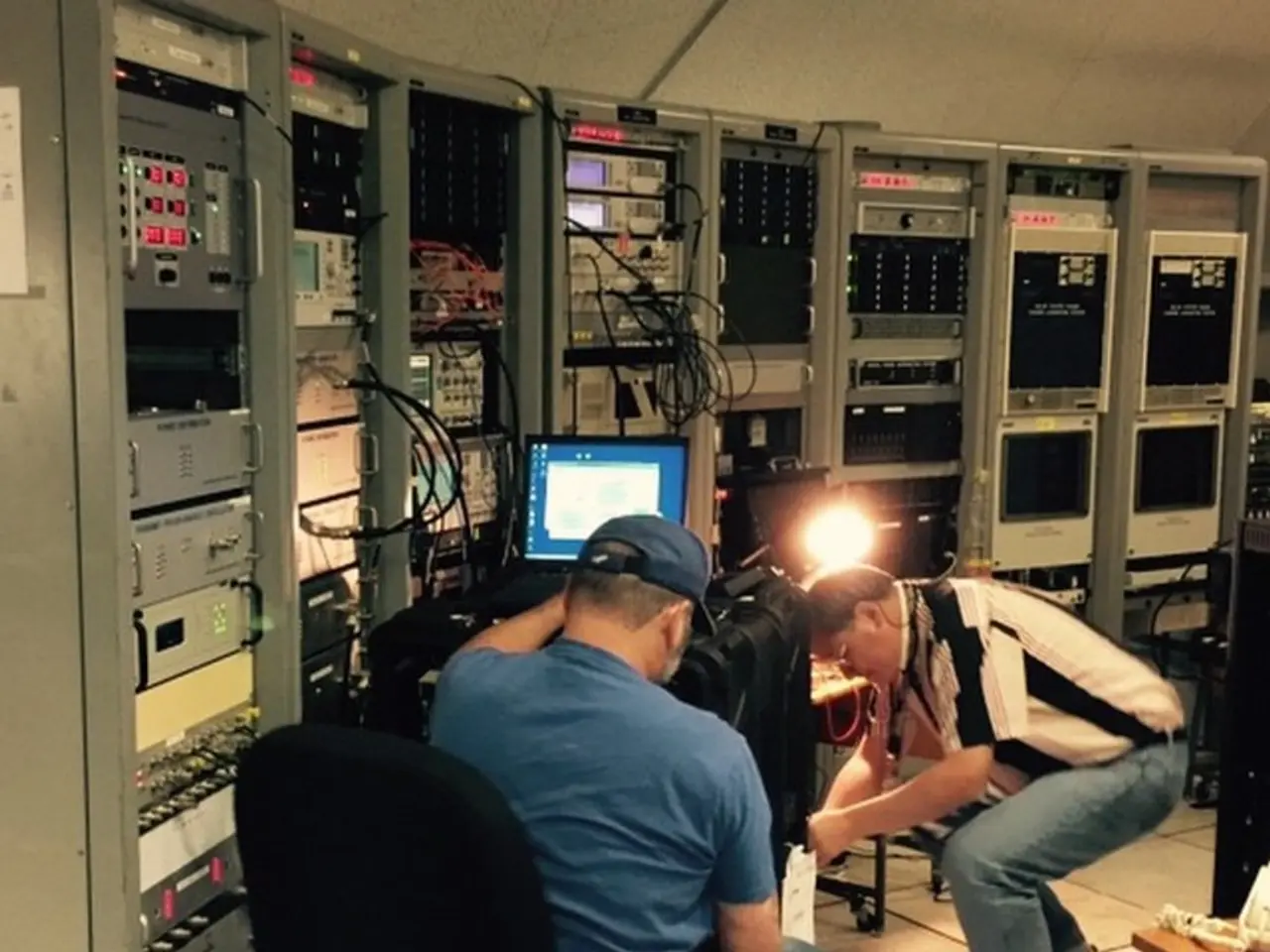Allocation of Massive $137.5 Billion Fund for China's AI Competition
The Bank of China has unveiled a five-year, 1 trillion yuan ($138 billion) financing program aimed at bolstering China's artificial intelligence (AI) industry and related sectors, marking a significant stride in the nation's quest for technological leadership [1].
## Strengthening the AI Industry Foundation
The substantial investment will bolster the foundational aspects of China's AI ecosystem. Key initiatives include:
- **Infrastructure Development:** The funding will facilitate the construction of advanced computing infrastructure and data centers, with a focus on optimising resource allocation and energy use. The East-Data-West-Compute project, for instance, aims to shift computing tasks to less congested western regions [4]. By early 2024, direct investment in national computing clusters surpassed $6.1 billion, attracting an additional $28 billion, and new data centers are noted for their low latency and high energy efficiency [4]. - **Talent and Research:** Funding will also support AI-focused educational programs and vocational training to address the talent shortage and ensure a steady supply of skilled professionals [2]. - **Start-up and Innovation Support:** The financing will nurture China's burgeoning AI start-up ecosystem, providing capital, state-backed loans, and local government matching funds to help scale and commercialise new technologies [1].
## Facilitating Global Expansion
- **International Adoption of Chinese AI Models:** Chinese AI models, such as DeepSeek and Alibaba’s offerings, are rapidly gaining global traction. These models offer comparable quality to leading US products at a fraction of the cost, making them attractive to international clients like HSBC, Standard Chartered, and Saudi Aramco [2]. - **Open Source and Developer Ecosystem:** The Chinese strategy emphasises open-source solutions, fostering a global developer community and challenging the traditional dominance of US tech firms. This approach increases global adoption and positions Chinese technology as a credible alternative in key international markets [2]. - **Industry Clusters and Partnerships:** Major investments are being channeled into establishing AI industry clusters in regions like Guangxi and Nanning, serving as hubs for both domestic innovation and international collaboration [2].
## Investment in Related Sectors
- **Robotics and “Embodied Intelligence”:** The broader framework of national venture capital, including the Bank of China’s program, specifically targets robotics and embodied intelligence, critical for automation and advanced manufacturing [1]. - **Economics and Biomanufacturing:** While the primary focus is AI, the spillover effects extend to related sectors such as biomanufacturing (via AI-driven drug discovery and automation in labs) and economic modernization, where AI is leveraged for efficiency gains and new business models. The investments are set to accelerate innovation in these fields, furthering China’s strategic goal of self-reliance in critical technologies [5].
In January, U.S. President Donald Trump announced $500 billion in private-sector investment toward AI infrastructure, though details about potential partnerships or collaborations between the Bank of China and DeepSeek remain undisclosed [3]. The introduction of DeepSeek's model reportedly led to a drop across both equity and crypto markets, but specifics about its impact were not provided [3].
The Bank of China's ambitious plan aims to provide financial support to companies working in the field of artificial intelligence, with the ultimate goal of helping businesses expand globally [1]. The bank's plan does not indicate any partnerships or collaborations with other institutions or organisations [3].
The Bank of China's five-year financing program, aimed at bolstering China's artificial intelligence (AI) industry, will also extend support to related sectors such as technology-driven robotics and embodied intelligence, crucial for automation and advanced manufacturing [1]. This financing program, with its focus on AI, will facilitate the global expansion of Chinese AI models, making them more attractive to international clients [2].




